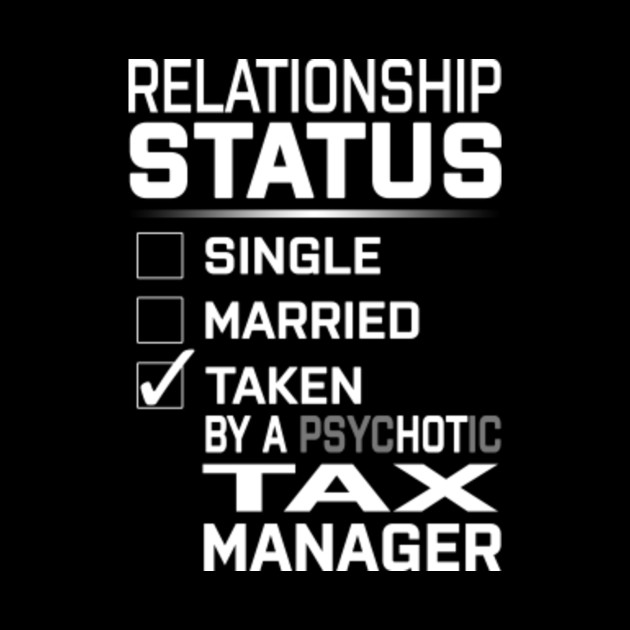Nontribal card rooms and mini-casinos are subject to the full array of business taxes. In fact, local governments can levy a tax of up to 20 percent on gross receipts from gambling. This makes competing with a tribal casino nearly impossible. Q Casino is dubuQue’s hottest casino and destination for fun that incorporates casino gaming, incredible restaurants, and live entertainment in one place. The casino is owned by the City of Dubuque, and operated by the non-profit Dubuque Racing Association, its license holder.
Gambling In America
If you've ever won a jackpot in Las Vegas, you probably know that your excitement diminishes at least a little when the casino throws a W-2G tax form in your face. In fact, if you don’t provide your social security number, the casino will automatically withhold up to 30% of your winnings. The same goes for lottery and horse racing wins above $1200. Yet when playing online, paying taxes isn’t always so black and white.
Americans who play at US-based online casinos will usually have to deal with withholding taxes just like in Las Vegas. Yet that only represents a small fraction of your entertainment options. When playing at licensed offshore online casinos or poker rooms, American players usually won’t hear the words taxes mentioned at all.
Sadly, it is never safe to assume that your winnings are ultimately tax-free. It is true that Americans who play at internet gambling sites outside of the USA won’t be subject to withholding taxes when withdrawing their winnings. Yet you may be required to report these gains when you file your taxes in April. The greatest determinant is the number, size, and frequency of your wins. The actual threshold varies from state to state and whether or not you are an amateur or professional. For more information on reportable gambling winnings visit the IRS guide: https://www.irs.gov/instructions/iw2g/ar02.html
Professional Gamblers
Whether or not you qualify as a professional gambler doesn’t solely depend on your performance at the tables. The main litmus test is the expectation and probability of profit in the eyes of the Internal Revenue Service. Your success and whether or not you have a regular job on top of gambling may also be factors.
With even amateur gamblers having to deal with taxes, professional gambling does have benefits. You can actually deduct your wins from your losses when your treat your gameplay as a business. No matter what your current status is and how often you play, it's best to keep tabs on your performance to develop strategies, stick to a budget, and simply know where you stand. You can find this tip sheet courtesy of the IRS: https://www.irs.gov/taxtopics/tc419.html
Whether or not the IRS can actually track your winnings is another matter entirely. Yet you should be aware of your obligations. With a huge budget deficit and ballooning debt, the federal government is looking to fill their financial holes any way they can. Between the NSA and modern forensic accounting practices, covering your digital tracks is more difficult than it used to be.

Tax Obligations Outside Of The USA
The United States is a bit of an outlier when it comes to taxing gambling winnings. In the United Kingdom, the government taxes the gross profits of casino operators rather than players. Canadians can play the lottery, live casinos, poker and online games without paying taxes unless they are a professional. Likewise, Australians and New Zealanders can also gamble tax-free. To put things in perspective, Americans do pay some of the lowest personal income taxes in the first world. Things tend to even out in the end.
Like anything else, interpreting the rules is always a matter of debate. Here's an interesting tax perspective for Canadians: http://business.financialpost.com/personal-finance/tax-expert-a-gamble-over-poker-winnings
Q Casino Tax Status Nsdl
Things To Consider
Keep in mind that Americans have to deal with both Federal and State taxes on most forms of income. Always keep basic records no matter how often you play or win. This will make things easier during tax season.
Q Casino Tax Status 2019
Accountants Have The Answers
Q Casino Tax Status Check
No matter where you live, it's always best to discuss your personal situation with a licensed tax professional in your area. You can usually get a short consultation for free with complete confidentiality. It's the best way to play by the rules while minimizing your tax burden.